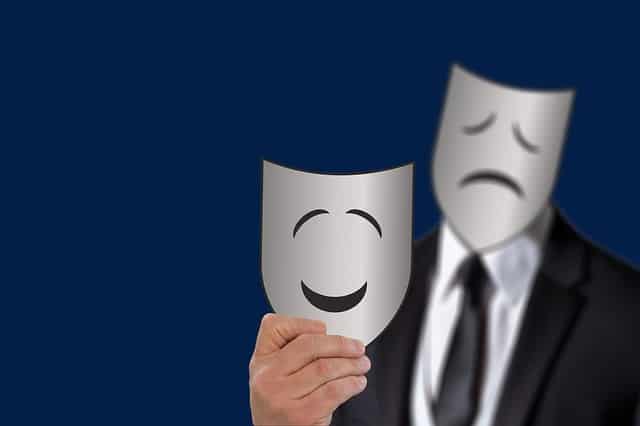Approximately 50% of individuals who have been diagnosed with a serious mental illness have been found to also engage in substance use. 37% of individuals who abuse alcohol and 53% of people who abuse drugs are found to also been diagnosed with a severe mental health disorder. 29% of those diagnosed with any mental health disorder also abuse alcohol or drugs. When a person’s alcohol or drug use becomes a diagnosable issue and occurs with another mental health concern, the two disorders are considered comorbid disorders.
What is Bipolar Disorder?
Many people have heard bipolar disorder called “manic depressive disorder.” It is important to get a definitive diagnosis from a doctor, as sometimes physical ailments and disorders can present themselves as bipolar disorder. Those who do receive a diagnosis of manic-depressive disorder have an increased risk of thyroid disease, migraine headaches, heart disease, and diabetes. ADHD is often diagnosed alongside of bipolar disorder.
There are four forms of manic-depressive disorder: bipolar I disorder, bipolar II disorder, cyclothymic disorder, and other specified or unspecified bipolar and related disorders.
Bipolar I disorder includes manic (or “very high energy”) episodes which last at least seven days or are so intense that hospitalization is required. Depressive symptoms tend to last at least two weeks with Bipolar I and can occur at the same time as manic symptoms. Bipolar II disorder has a lower intensity, in regards to its manic episodes. If you are experiencing symptoms of cyclothymic disorder, you will have undergone multiple periods of depressive symptoms over at least a two-year period (one year if you are a child or adolescent). With cyclothymic disorder, experienced symptoms must not meet requirements for hypomanic episodes and a depressive episode. If your symptoms do not match any of the three other categories, you may still qualify for a diagnosis of other specified or unspecified bipolar and related disorders.

Symptoms of bipolar disorder include:
- Extremes in mood (euphoria, anger, rage, or irritability)
- Beliefs that are unrealistic or grandiose in nature
- A lack of need for sleep
- A surge of energy while concurrently feeling down, hollow, or hopeless
- Quick thoughts and speech
- Impaired judgment that may lead to impulsive behaviors
- Hyperactivity, being easily startled, or being more active than one typically is
- Participating in risky behaviors
- Very little energy, leading to lower engagement in activities than usual
- A belief that one can multitask well if they could not before
- Difficulty with memory
- Feeling as though you are going slower than you typically do
- Suicidal thoughts, intent, plans, or attempts
Where to Turn for Help for Co-occurring Mood and Substance Use Disorders
Mood disorders and substance use disorders can be debilitating. Do not let them take away the wonderful person that you are! Discovery Place, of Burn, Tennessee, is an alternative treatment center that would love to help you find sober coping skills. If you are looking to achieve sobriety from alcohol, opiates, cannabis, or other illicit substances, Discovery Place can help you to do so. We understand that recovery is an individualized process and have trained professionals standing by twenty-four hours a day, seven days a week, waiting to help you. Give us a call today at 1-800-725-0922. We have a high success rate, with an average review of 4.7 stars, and would love to have you among these statistics.

